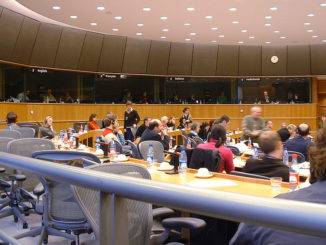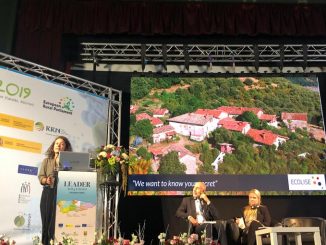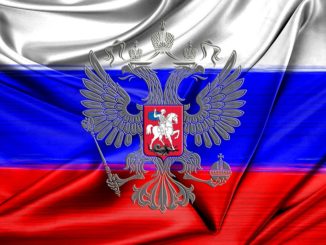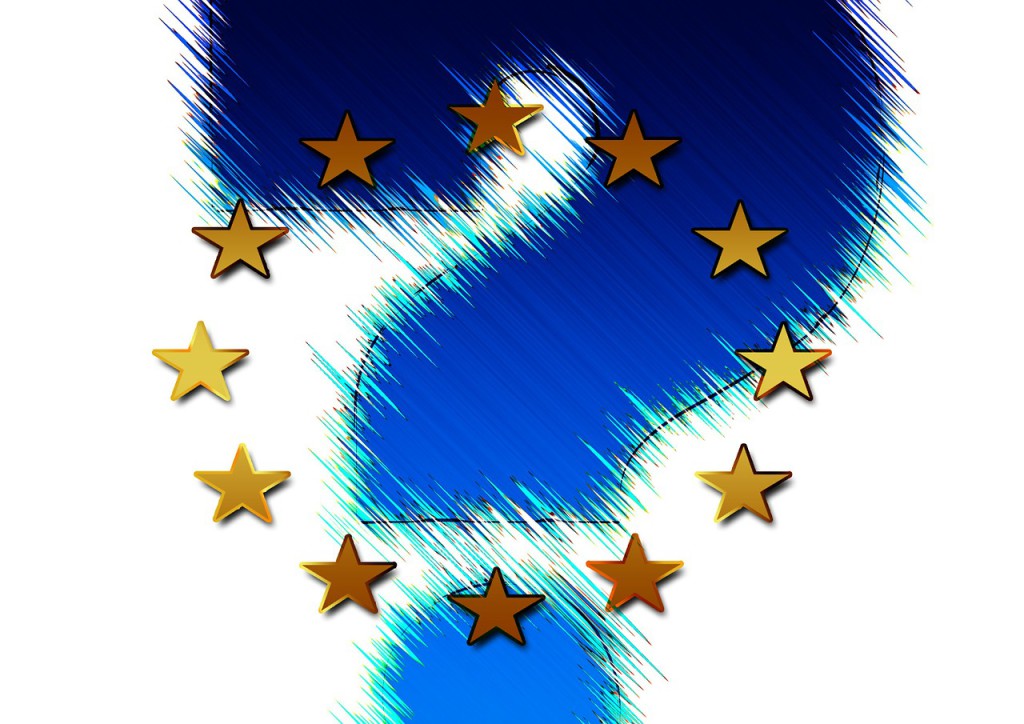
“The European project is about respecting, understanding and supporting each other.”
When Europe talks mainly about money, debt and whom to blame for the deep crisis we now face – something is profoundly wrong.
The European project is about respecting, understanding and supporting each other. This is why the Greek crisis is our common European crisis. It is not just a German-Greek or North South antagonism. Our problem is that citizens no longer trust their politicians and institutions. And politicians and institutions have lost contact with their citizens.
The process of European integration has been world history of the first order. The fact that the nations of the Old Continent which were once sworn enemies have managed to live together peacefully and successfully for more than 60 years is an achievement admired in many parts of the world. Eastern Europe, Asia, Africa, Latin America and the USA have seen the EU as an established model for peaceful, crossborder integration.
Unlike military alliances such as NATO, the EU’s appeal is based on hope for democratic cooperation rather than fear of one’s neighbours or ambition to dominate.
The only people who do not appear to like the European Union today are its citizens. They see it as bureaucratic, cold and far away. Politicians of all stripes and from all Member States have contributed to shaping this image of Europe. They can count on domestic beer house applause when they portray ‘Brussels’ as an undemocratic colossus. Whenever Europeans are given the chance – through referenda – to have a direct say on common projects, they have always voted NO. The Danes, the British and the Swedes opposed the Euro and now feel confirmed in having stayed outside the common currency. The French and the Dutch rejected the common EU Constitution; the Irish rejected the Lisbon Treaty. The British referendum is still to come. The recent Greek referendum was an outcry for dignity, solidarity and practical help – and a NO to further austerity policies. But it did not change the dialogue of the deaf. It created frustration, fear and hate.
If Europe is to recover and stand up, the initiative must come from us – the citizens. We as civil society should hear the wake- up call.
It is wrong to just complain about our politicians: we elected them.
It is wrong to condemn our European institutions: we allowed them to administer us.
It is up to us to revitalize in Europe our values and principles such as democracy, solidarity and sustainability. These are enshrined in the Treaty of Rome. Instead of hoping that growth, free trade and more consumption will solve our problems, we should make democracy, solidarity and sustainability work for us. It is up to us to create a humane economy, insist on social justice and firmly claim fair access to our common wealth for all Europeans – and all people on earth.
So what to do next? Avoid blaming each other. Look for common ground. Listen, understand, then talk, meet, support each other in reshaping OUR Europe.
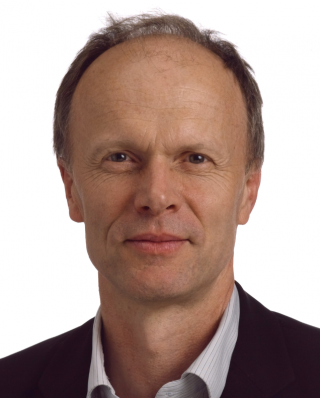 Forum Synergies, ARC 2020, PREPARE – and many more- can play their part. It’s is not up to us to tell the Greek people what to do to solve their crisis. We should be ready to help, not to give orders. When in the 1980s Ceausescu decided to destroy villages in Romania to install State Cooperatives instead, “Villages Romains” – a movement of village people from France and Belgium – was born. People drove with trucks to Romania and created twinning projects and help-structures between their villages. And Ceausescu failed to achieve his crazy project. There is much more scope for living creativity. And it’s not just about Greece. We have our specific problems in all our countries and regions, and our neighbours around Europe have them too. We have good reason to stand together.
Forum Synergies, ARC 2020, PREPARE – and many more- can play their part. It’s is not up to us to tell the Greek people what to do to solve their crisis. We should be ready to help, not to give orders. When in the 1980s Ceausescu decided to destroy villages in Romania to install State Cooperatives instead, “Villages Romains” – a movement of village people from France and Belgium – was born. People drove with trucks to Romania and created twinning projects and help-structures between their villages. And Ceausescu failed to achieve his crazy project. There is much more scope for living creativity. And it’s not just about Greece. We have our specific problems in all our countries and regions, and our neighbours around Europe have them too. We have good reason to stand together.
Hannes Lorenzen July 2015



